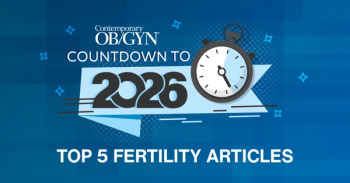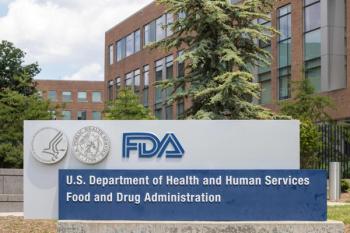
Fertility Preservation: Use and Impact in Female Cancer Patients
More reproductive-age women with a diagnosis of cancer are receiving fertility preservation counseling from their doctors-but how many of those patients then decide to undergo fertility preservation? And how does their decision impact them later in life?
More reproductive-age women with a diagnosis of cancer are receiving fertility preservation counseling from their doctors-but how many of those patients then decide to undergo fertility preservation? And how does their decision impact them later in life?
Researchers at the University of California, San Francisco School of Medicine surveyed women from the California Cancer Registry from 1993 to 2007 who were aged 18 to 40 years at diagnosis. The results were presented at an oral and poster presentation at the Annual American Society for Reproductive Medicine Meeting in Denver.
Preliminary data from surveys returned revealed that, of the 285 women who underwent treatment with the potential to impact their fertility, 70% were counseled by an oncology team on the risk of cancer treatment to fertility, but only 9% saw a fertility specialist and only 8% underwent fertility preservation.
Women who had been advised about their fertility preservation options, had seen a fertility specialist, and who had fertility preservation suffered lower levels of regret than patients who did none of these. In addition, women who had performed fertility preservation showed noticeably more satisfaction with their lives.
Newsletter
Get the latest clinical updates, case studies, and expert commentary in obstetric and gynecologic care. Sign up now to stay informed.









